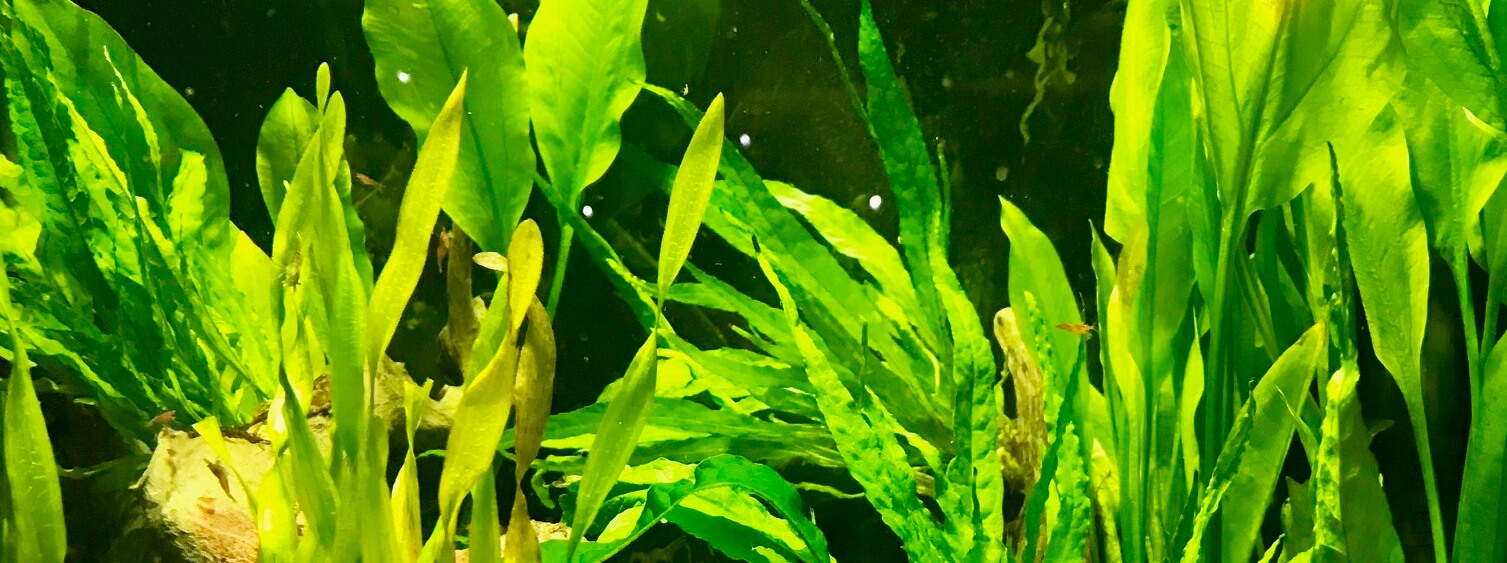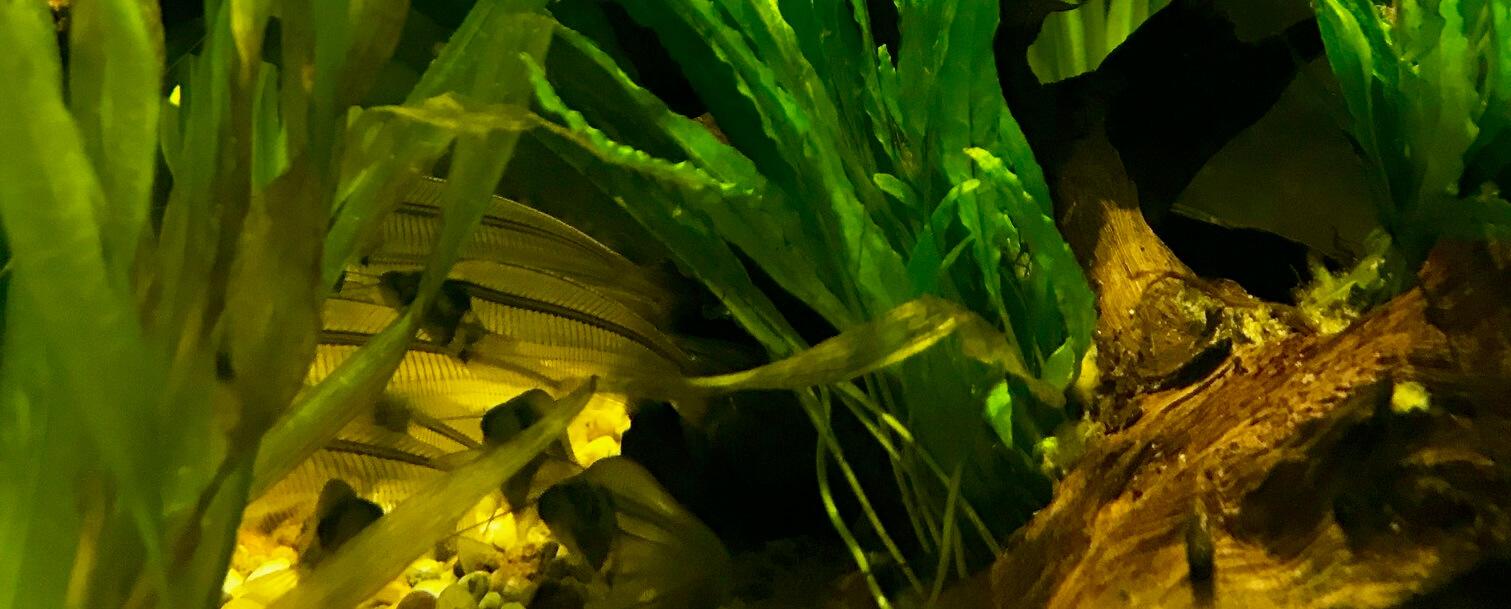Bristol Aquarium is a centre for education, leisure and entertainment. We share our knowledge of the oceans to inspire the next generation of budding enthusiasts, talking about the fascinating creatures that live in our seas and the issues that they face on a daily basis.
As we are asked such interesting visitor questions we thought it was important to share a selection of these answers with everyone.

This month we had a couple of questions about our theming which we’d like to explore! Henry, age 36, asks us, “Could the tanks have real kelp?” and Sophie, age unknown, asks us “why is the kelp plastic?”
At Bristol Aquarium we’re committed to providing naturally-themed displays for our animals by way of providing the best substrate possible, flow levels, lighting and surroundings. Naturally-themed exhibits serve a couple of key purposes. Firstly, it promotes animals to exhibit their natural behaviours which can lead to an increase in potential breeding successes and secondly it allows our visitors to gain a realistic snapshot of the natural environment where these animals can be found.
In many of our tanks we provide artificial grasses to simulate the natural environment and the materials they are made of allow them to withstand a range of environmental conditions, have a long life, and do not break down easily.
As part of our commitment to provide naturally-themed displays we have added some brand new live plants to our Mini Asia exhibit. This exhibit houses see-through glass catfish and a range of colourful shrimp species who will be friendly towards our plants!

The pros and cons of keeping live plants
Pros
Live plants can provide a whole host of benefits for your fish tank but you have to make sure that they are completely suited to the fish they are with! Some simple research online or a visit to your local aquatics centre can help you determine the right kind of plants for your tank.
It is important to provide hiding places for animals and live plants are able to provide simple natural shelters in the corner of a display – check out our glass catfish in the picture above!
Plants take part in natural gas exchanges. We know that plants and trees absorb carbon dioxide from the atmosphere and release oxygen in return but did you know they also do this underwater too? Plants are useful in removing build ups of carbon dioxide in heavily-stocked tanks. Live plants also absorbs ammonia, nitrites and nitrates from waste which can be harmful to fish if left to build up.
Live plants can help keep unwanted algae under control as they can often out-compete algae for food and space within a confined area.
A pro and a con of keeping live plants is that they can be a food source for our herbivorous animals. This natural food source can be beneficial for your animals however if you are spending out on live plants you probably don’t want them to be completely eaten up! It’s worth trying to establish a small amount of live plant as a test before splashing out!
Cons
Once live plants are established in a tank it can be difficult to move them once they’ve rooted. It is important to plan how you want your live plant collection to look before planting.
As with all living things, live plants need attention too! Whilst they are fantastic at cycling nutrients and gases around the tanks and keep algae under control, we need to do our bit to help them thrive. We can do this by pruning them regularly to allow them to grow and flourish!
